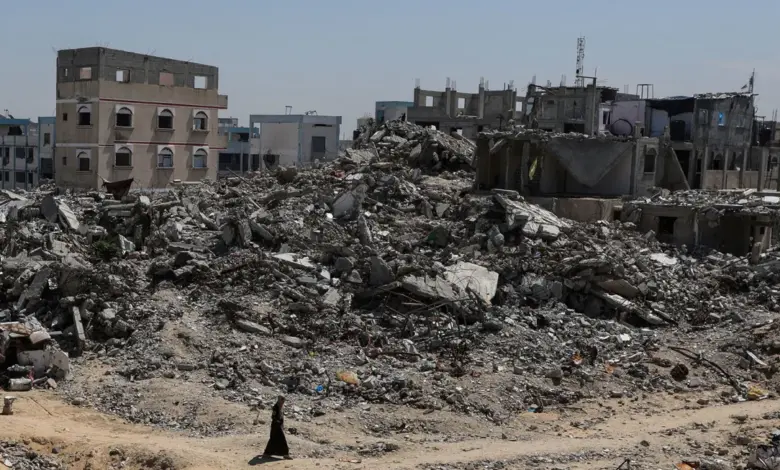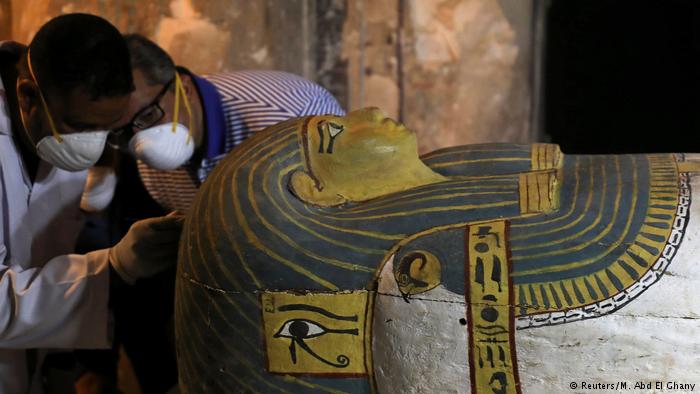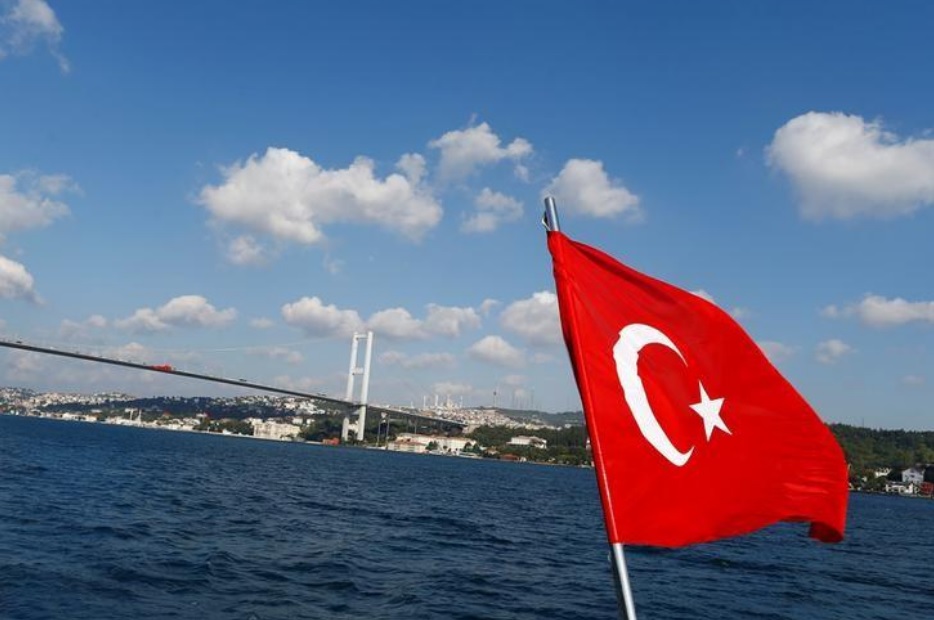
Amidst Israel’s ongoing war on the Gaza Strip, its persistent attempts to displace its residents, and global political wrangling incapable of bringing any glimmer of hope, Cairo once again emerges as the diplomatic and moral center of gravity.
It strives to protect lives, stop the bloodshed in Gaza, and reject any attempts to liquidate the Palestinian cause.
Press reports have surfaced detailing a new Egyptian proposal for de-escalation, coming amidst a prolonged deadlock and near-total international silence. The proposal reportedly includes the release of eight or nine living hostages, and a similar number of deceased hostages, in exchange for a ceasefire lasting between fifty and seventy days.
It also suggests the release of 300 convicted prisoners in Israeli jails and approximately 2,200 individuals detained by the occupation forces during the current Gaza war.
During this ceasefire period, negotiations would resume regarding the second phase of the basic agreement, allowing the entry of aid and fuel into Gaza, opening the crossings to the Strip, and Hamas fully disclosing the fate of the hostages still in captivity.
This proposal might help achieve a breakthrough leading to a permanent ceasefire.
However, Hamas leaders have requested guarantees regarding Israel’s commitment to this measure after the hostages are handed over. Consequently, a formula has been reached stating that the released hostages will not be handed over all at once, but rather each day for a week until the agreed quota is complete, according to certain statements made in Arab newspapers about the proposal.
I do not know the stance of Israeli Prime Minister Benjamin Netanyahu on the proposal, especially after his recent meeting with Trump.
Nor do I know the extent of the American side’s approval, adoption, or even modification of the proposal. However, what I do know is that families of Israeli hostages continue to pressure their government to accept negotiations and end the war to save their loved ones, the lives of whom the Israeli government is endangering.
This is something Netanyahu has tried to downplay, thus opening another front of pressure on himself, and he continues in his delusion, biased towards the decision of the war of annihilation he is waging, which has resulted in more than 50,000 deaths and the complete destruction of the Gaza Strip.
Amidst these numbers, conditions, and negotiating details, the most important message in this initiative remains: that Egypt still considers Palestinian lives paramount.
Its word in the path of de-escalation comes not from nowhere, but from its long record of patient mediation and balanced initiatives.
Once again, Cairo proves that Arab diplomacy – when serious and persistent – is capable of playing a pivotal role, even in the most complex issues.
Today, Cairo appears to be the only party not seeking to evade or postpone to the crisis, but rather move with clear responsibility to stop the killing and open the way for a new round of hopeful negotiations that might repair what many have spoiled.




